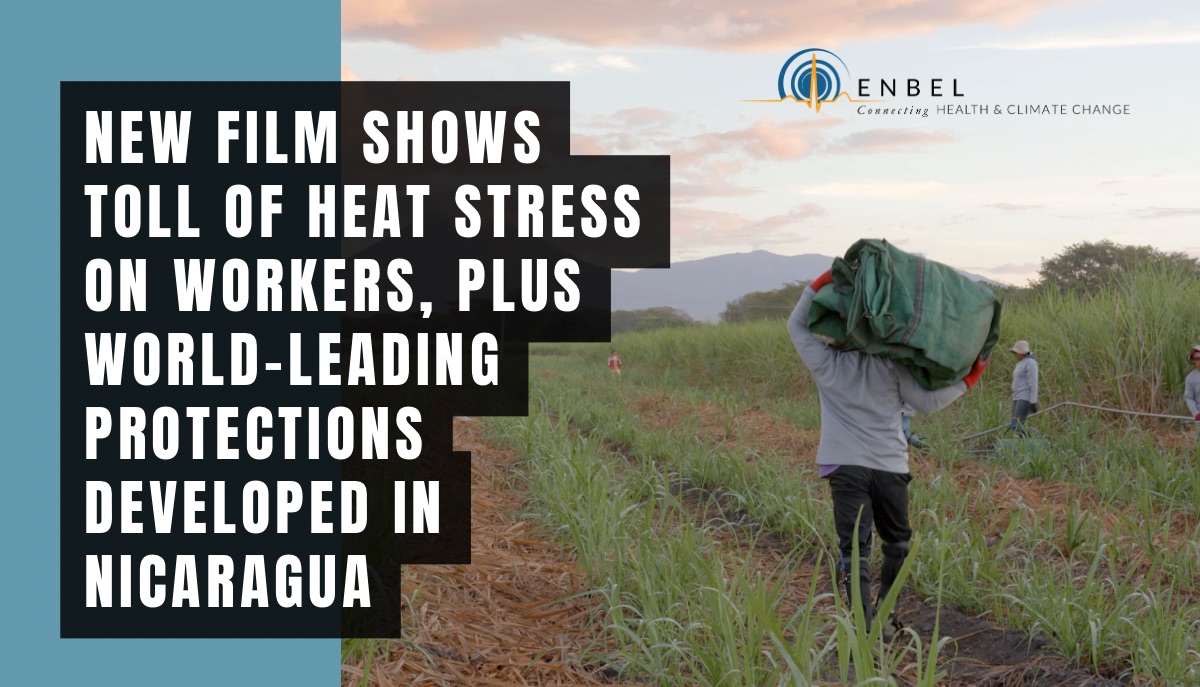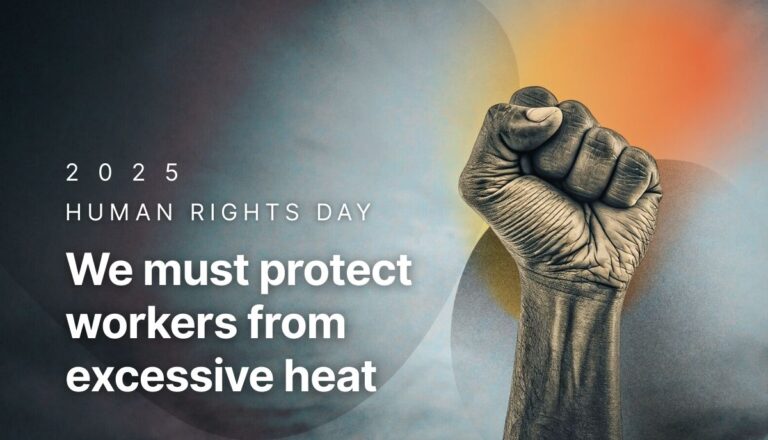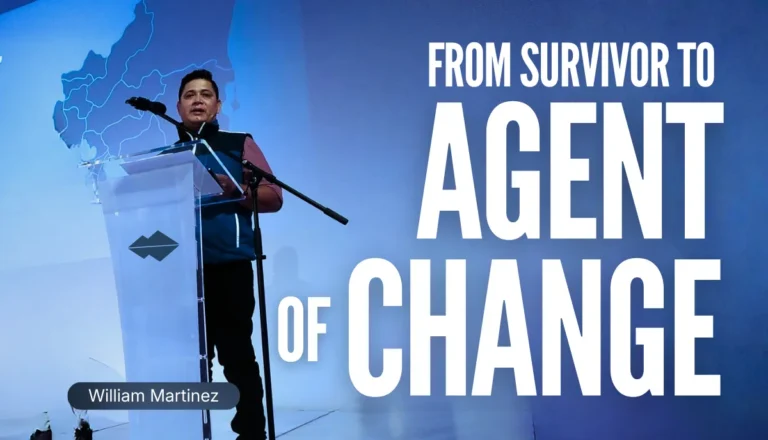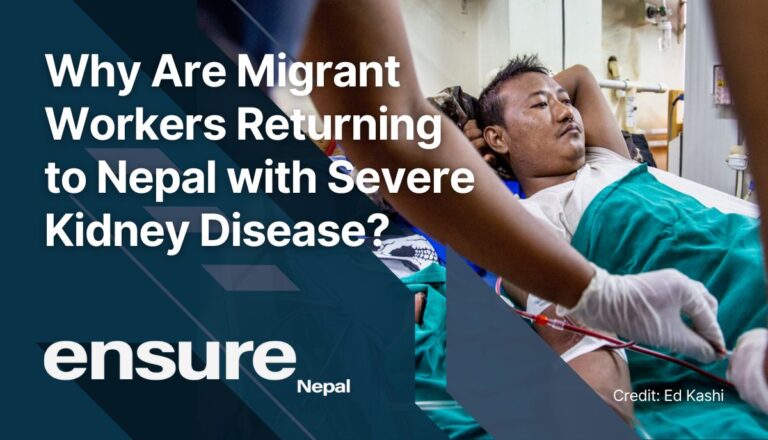The latest film from La Isla Network with Talking Eyes Media, funded by the EU ENBEL project, demonstrates how worker protection protocols from extreme heat are saving workers’ lives. Once at odds, now La Isla Network and Ingenio San Antonio in Nicaragua — with a cohort of leading researchers on heat stress — are leading the world in modeling how to protect workers from exposure to extreme heat.
When workers are confronted with a heavy workload, exposure to heat, and poor labor protections, their risk for heat-driven illness, injury, and death increase. Though the body attempts to cool down, factors like ambient heat and the demands of the job mean workers’ bodies cannot cool down properly, note researchers Vidhya Venugopal and Andreas Flouris.
Mr. Flouris is an environmental physiologist studying how heat affects living organisms. He holds teaching positions at the University of Thessaly in Greece and the University of Ottawa, Canada. “There is an urgent need to address exposure to heat at work now, as our climate is changing faster than we had previously anticipated, while there are parts of the world — such as Europe — that are heating up much faster than the global average,” he says. “With heat waves increasing in severity, duration, and frequency in all parts of the world, exposure to heat at work is an issue of utmost urgency to address.”
In Nicaragua, by the time the sun has risen, sugarcane cutters at Ingenio San Antonio have begun work. They prepare for the workday. One of them carries a tarp that will serve as the shade tent: light and portable, yet highly effective.
Kristina Jakobsson is a medical doctor and researcher at the University of Gothenburg. She is also a member of the La Isla Network Scientific Advisory Board. For 20 years she has collaborated with colleagues the world over to understand the drivers behind chronic kidney disease of non-traditional causes among industrial agricultural workers.
After years of studies, researchers have found heat stress to be a driver of ill health. “Low-tech workplace interventions with regulated rest in shade, and access to water can protect workers,” she says. “This is old knowledge — nothing new, no rocket science — but our hope is that the combination of scientific evaluation, practical tools for workplace interventions, and a wider awareness of how heat affects work may lead to protection of the most vulnerable workforces.”
Since 2017, that has been possible in Central America, through the Adelante Initiative and the Prevention, Resilience, Efficiency, and Protection (PREP) Program. They are La Isla Network’s marquee worker protection programs, being implemented in the world-renowned Ingenio San Antonio, known for producing the sugarcane needed for Flor de Caña Rum.
Dr. Denis Chavarría, Occupational Health Manager at Ingenio San Antonio, notes excitement at the mill’s continued partnership with La Isla network and Bonsucro, the global sustainability platform for sugarcane. He says, “As founding members of the Adelante Initiative, Ingenio San Antonio has helped develop pioneering programs that have significantly improved worker safety and reduced heat-related risks, but most importantly, we are developing the highest standards in occupational safety and health that will have a profound impact globally not only in our industry, but also across other labor intensive industries.”
The results from Adelante and PREP have been nothing short of remarkable: a 72% reduction in injuries, a 94% reduction in worker hospitalizations due to heat stress, a 20% increase in productivity and an ROI of 22%. Further, we demonstrated that preventative measures were over 1600% more affordable than treatment, providing relief for overstretched healthcare systems.
With results in hand, La Isla Network and its partners now seek to implement the model elsewhere, especially in the United States and Europe.
Jason Glaser, CEO and co-founder of La Isla Network, asks, “Why is it that in Ingenio San Antonio, in Nicaragua, there are better work protections for those field workers than any farm in the United States of America that’s facing similar heat stress?” Now, La Isla Network is making it its objective to bring home what the organization has done abroad to the United States and Europe. At the same time, now that data is in-hand, the org and its partners are pushing for legislation to better protect workers.
La Isla Network and its partners are making good progress. Recently, the team sat before the United Nations Human Rights Committee to bring awareness to exposure to heat at work, for example. La Isla Network will continue the effort hand-in-hand with its partners.
An essential aspect of that objective is to communicate not only the extent of the problem, but also the solutions being implemented, in a visual manner. This film was produced with Talking Eyes Media, a nonprofit production organization engaging the world in today’s most pressing issues with unmatched documentaries. The organization began in 2002 when writer, filmmaker Julie Winokur and photojournalist Ed Kashi teamed up. Both bring decades of experience, and world renown, to the table.
Ed Kashi says, “My goal is to continue to raise awareness about exposure to heat at work and CKDnt, but also to create changes, so as to protect workers and disseminate vital stories and information through my storytelling work.” He has worked with La Isla Network for 10 years now.
Julie Winokur says, “Collaborating with La Isla to tell this story gives me hope. Visiting Nicaragua for this film was an opportunity to witness a successful intervention put into practice in one of the most challenging work environments imaginable. “This film illustrates the level of scientific research and employer commitment needed to ensure worker safety and productivity despite a warming planet.”
The film was funded by the ENBEL project, the EU-funded research project connecting health and climate change. Kristin Aunan, research director at CICERO Center for International Climate Research and coordinator of the ENBEL project, says, “Workers’ health in the face of climate change is often overlooked despite causing great human suffering and economic consequences in many places in the world. We hope this film and the work showcased in it will contribute to get this important topic higher on the agenda.”
La Isla Network would like to thank: Dr. Vidhya Venugopal, Dr. Andreas Flouris, Dr. Kristina Jakobsson, Dr. Rebeka Lucas, Denis Chavarría, Ed Kashi, Julie Winokur, Tom Laffay, Miriam Stackpole Dahl, and Kristin Aunan.




